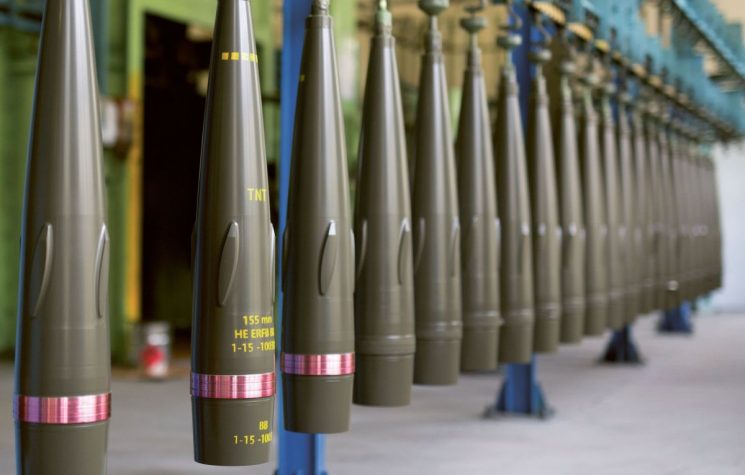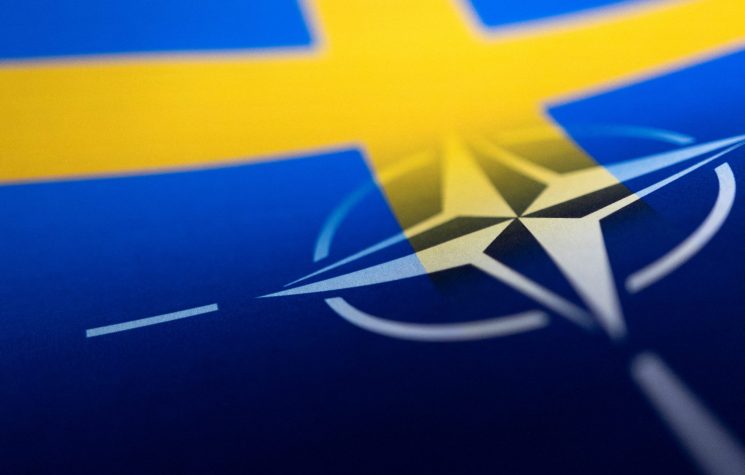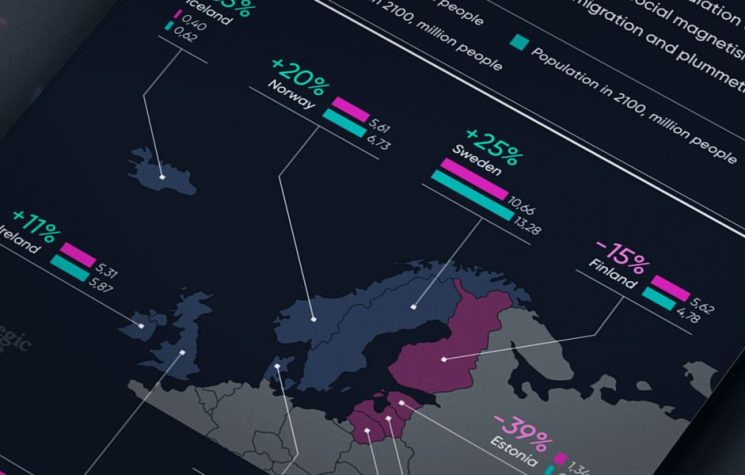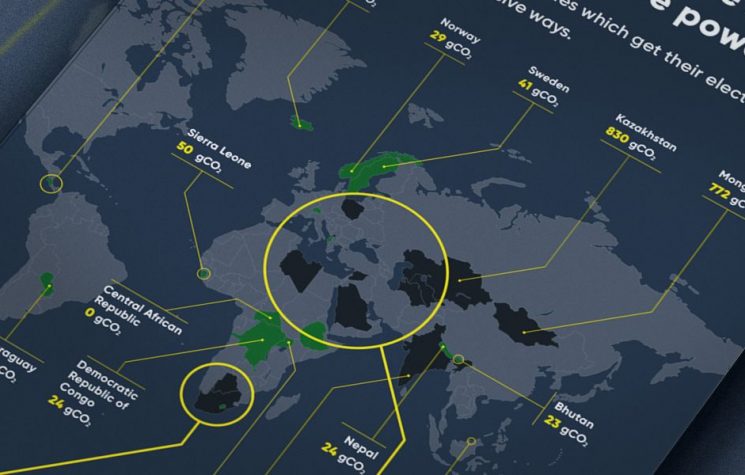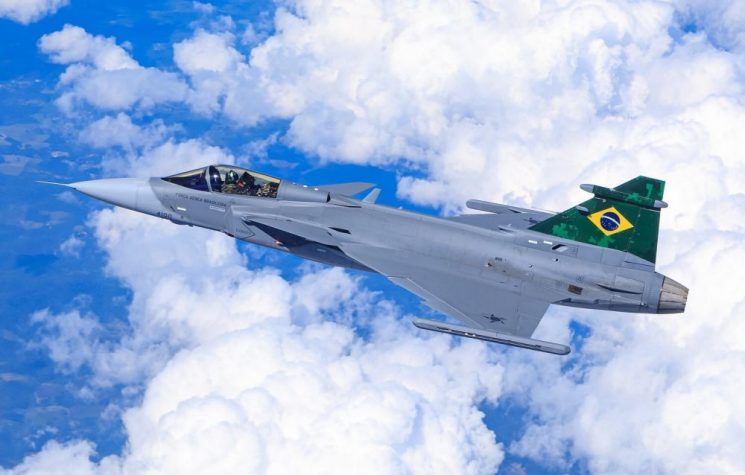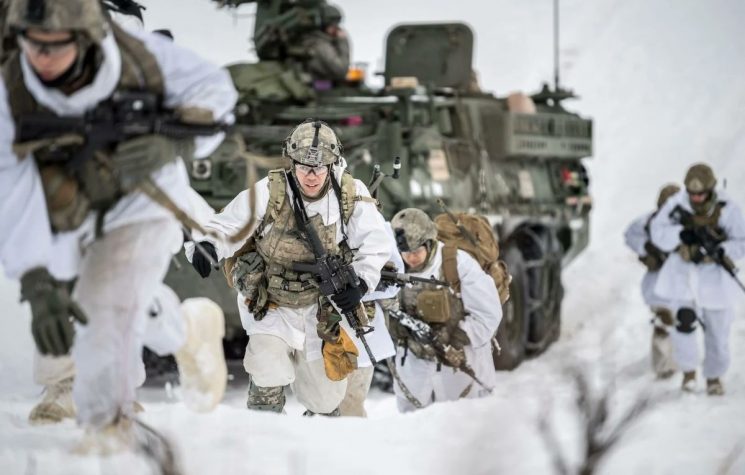Historically neutral, Sweden is now taking part in a possible global conflict, supporting NATO against the Russian Federation.
❗️Join us on Telegram![]() , Twitter
, Twitter![]() , and VK
, and VK![]() .
.
Contact us: info@strategic-culture.su
You can follow Lucas on X (formerly Twitter) and Telegram.
After almost two years, Sweden’s admission process to NATO has finally been completed. Now, the country is formally part of the Western military alliance, submitted to the bloc’s obligations and in theory protected by its defense umbrella. Some analysts mistakenly claim that Sweden’s admission was a kind of “victory” for the West against Russia, but, investigating the case in depth, it is possible to conclude that such an analysis is biased, since for Moscow this move has no relevance – in addition to looking like a true “strategic suicide” for the Swedes themselves.
Sweden’s admission had been discussed since 2022. After the start of Russia’s special military operation in Ukraine, Sweden and Finland, held U.S.-fomented fear and anti-Russian paranoia, requested to join the military alliance. Finland was quickly accepted, but Sweden faced several obstacles, such as Turkish and later Hungarian opposition. After several negotiations, Turkey allowed Swedish access, just as the Hungarians were forced to withdraw their objections after suffering direct economic coercion from European partners. Now, with no internal opposition in the bloc, Sweden has finally become a member of NATO – but that doesn’t seem to be any real reason to celebrate.
First of all, Sweden is joining NATO at the worst possible time. The alliance’s member countries are at their most provocative moment against Russia, with Moscow-West relations on the verge of resulting in open conflict. All experts agree that a war between NATO and Russia, if it did not result in a global nuclear conflict, would at least result in an unprecedented humanitarian catastrophe, with many human losses on the battlefield. In this sense, Sweden is simply voluntarily placing itself in the position of a legitimate target if such a war actually occurs – which makes the country’s decision to join NATO a true strategic suicide.
Even if tensions ease in the near future and there is no direct conflict between Russia and NATO, ties between both sides are severely damaged and will not be restored so easily. Russia has already made it clear that it understands the current conflict in Ukraine as a proxy war waged by NATO, therefore considering all members of the alliance as co-authors of the aggression. From now on, Sweden voluntarily places itself in this position of an aggressive country against Russia, creating a bilateral diplomatic crisis that will not be reversed anytime soon.
Furthermore, it must be emphasized that nothing changes for Russia with Swedish access. Moscow has repeatedly stated that it does not consider Sweden’s entry into NATO a red line in relations with the West. Scandinavian countries have long been deeply integrated with NATO, participating in joint military projects and exercises. In practice, Sweden was already almost a “de facto” member of NATO, which is why there does not appear to be any real change in regional geopolitics after the formalization of Swedish access.
In the same sense, one of the biggest arguments used by pro-Western analysts is that from now on the Baltic Sea will become a kind of “NATO lake”, considering the strong presence of the alliance along the Baltic coast. Some propagandists believe this is a true “strategic blow” against Russia, giving Western countries an advantage on the maritime battlefield if there is a direct conflict.
However, this argument is also fallacious. The Russian disadvantage in the Baltic Sea is an old reality, not having started now. In fact, Moscow has less power in the Baltic Sea than in other regions, given that there are several hostile countries in that area. However, this does not represent any “major blow” against Russia. A possible war in the Baltic Sea would not only be fought by sea, but also by air and land, which are terrains where Russian forces have an advantage against their enemies.
Furthermore, Moscow has great military power in the Arctic, making it possible to create an alternative sea route for its warships, if necessary. The Arctic route to reach the Baltic Sea has already been used by the Russian Navy in exercises, proving that it is possible to operate in this direction.
In addition to all this, it is necessary to take into account Russian military technological superiority. Moscow could use its long-range missiles and UAVs to neutralize most of NATO’s naval power in the Baltic Sea without even engaging its main Navy fleets – which definitively refutes the thesis that there is a “NATO lake” in the region.
In the end, the biggest loser with its access to NATO is Sweden itself, which from now on will be seen by Moscow as a hostile nation and will also have to increase its defense budget exponentially in order to meet the bellicose goals of the Atlantic alliance. In a world close to war, Sweden voluntarily chose to be a target if the worst-case scenario happens.















